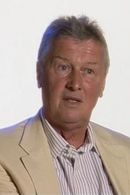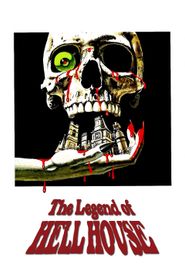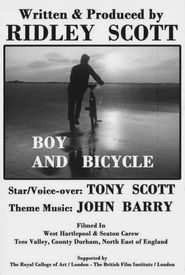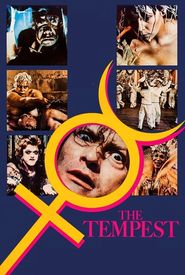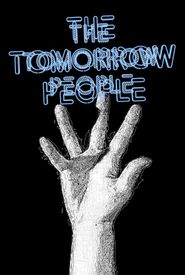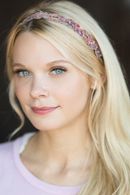Brian Hodgson started his career on the stage after completing his national service in the Royal Air Force. He briefly trained as an actor before joining the BBC drama department as a studio manager. This led to a position with the BBC Radiophonic Workshop in early 1963, where he was tasked with creating futuristic sound effects for the iconic TV series Doctor Who.
One of his first jobs was to devise the distinctive TARDIS dematerialization noise. He created this by using the frame of an upright household piano and grating a front-door key across the bass string, slowing it down and reversing it. This was then recorded and feedback added.
Hodgson also collaborated with voice actors on creating the shrill, staccato voices of the Daleks through electronic processing techniques. He later explained that he used a ring modulation system, which he had previously used for a robot butler in a children's radio series. The voice artist, Peter Hawkins, was instructed to deliver the lines in a monotonous tone, and the final result was a blend of Hodgson's treatment and Hawkins' performance.
Hodgson created all of Doctor Who's special sounds between 1963 and 1972, covering a wide range of sounds from the energy bolt-firing wrist guns of the Autons to the roar of the Yeti, which was allegedly derived from recording a flushing toilet. He was known to use any prop that would make a noise, including the sound of his dogs barking, blowing bubbles through thick detergent, dropping scaffolding poles, and banging empty water cylinders.
From 1967, Hodgson worked closely with composer Dudley Simpson on incidental electronic music. He later said that Simpson was a great composer and musician, but he didn't have any technical side. Instead, Simpson would start with musicians in a studio session, and Hodgson would later treat the recording electronically on a multitrack.
Hodgson eventually left the BBC in 1972 and set up his own recording company, Electrophon. He composed music for Ballet Rambert and the motion picture The Legend of Hell House. He returned to the Radiophonic Workshop in the late 1970s, replacing co-founder Desmond Briscoe. Hodgson retired in 1995, three years before the workshop ceased operation.
After retiring, Hodgson reinvented himself as a hypnotherapist and counsellor. He is now said to be residing in England's Norfolk Broads.
